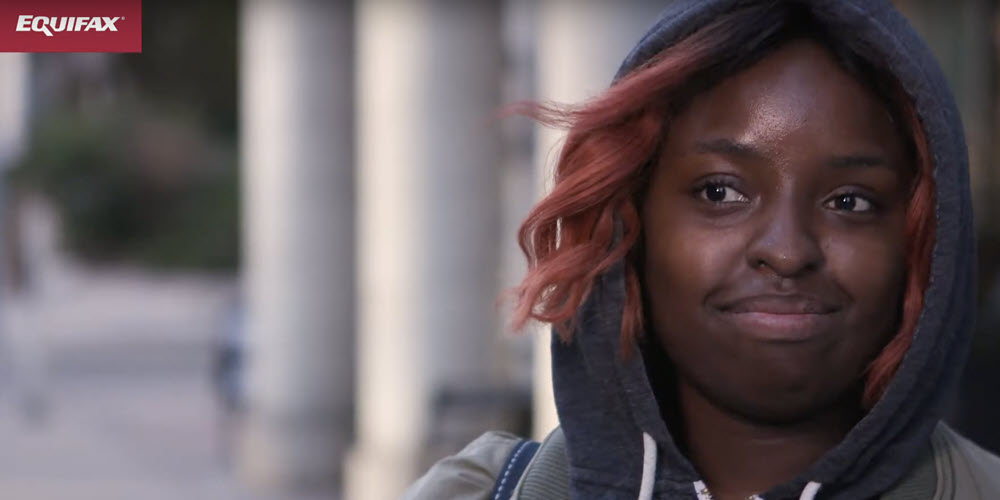Paid Off Your Debt? Don’t Let Your Credit Scores Suffer

Highlights
-
Paying off debt may cause a temporary dip in your credit scores in some circumstances, but it’s generally good for your overall financial health.
-
Not using credit at all after paying off your debt can negatively impact your credit scores due to a lack of recent credit activity being reported to credit bureaus like Equifax.
-
To maintain a healthy credit score, consider keeping a few credit accounts open and active, paying them off regularly to demonstrate responsible credit management.
Being in debt can be very stressful. Paying it off is usually good for your financial and emotional health and can be a cause for celebration. However, continuing to use credit can be important for keeping your credit scores healthy.
What Happens When I Pay Off My Debt?
Your credit score might drop temporarily right after paying off debt. This can happen for a few reasons:
-
Reduced credit mix: If you pay off your only installment loan (like a car loan or mortgage) and don't have other types of credit, your credit mix (which generally accounts for about 10% of your scores) might become less diverse.
-
Lowered average age of accounts: If you pay off a credit card and then close that account, especially if it was one of your oldest accounts, it can reduce the average age of your credit accounts (which can make up about 15% of your scores).
-
Credit utilization changes: If you pay off a credit card and close the account, your total available credit decreases. If you still have balances on other cards, your credit utilization ratio (how much credit you’re using versus the credit limit(s), which can account for about 30% of your scores) might actually increase.
Despite any initial drop, paying off debt can be good for you in the long run. Being debt-free may reduce your financial stress and free up income, putting you in a stronger financial position.
What Happens if I Don’t Use Credit?
Now that you’ve paid off all your debt, you might be tempted to stop using credit altogether to avoid falling back into debt. However, that decision could negatively impact your credit scores.
Credit scores are designed to predict your ability to pay back credit when it is due. If you don’t use credit for several years, there’s likely no recent credit activity on your credit reports, meaning there’s not enough information to calculate a credit score.
-
“Thin File” or a result of zero/no score: Without any active credit accounts, your credit report can become “thin” over time, which means that it has very few or no recent accounts. This can result in a zero or unscorable result. Since the lowest credit score that can be calculated is 300, a result of zero signals to banks and lenders that there is insufficient statistically relevant data available on the credit report to calculate a credit score.
-
Stale information: Older accounts, even if they were paid on time, every time, will eventually age and have less impact. Banks and other lenders generally consider credit data that’s six years or older as not statistically significant; that is, it can’t help them predict the likelihood of you paying your minimum payments on time today. As such, if you don’t have any new, positive credit activity, your scores will likely decline or could result in becoming unscorable.
-
No payment history: Generally the most important factor in your credit score calculation is payment history. If you’re not using credit, your credit report may have no evidence of recent payment history, which is essential for any credit score.
-
Reduced credit mix: As mentioned above, if all your accounts close out due to inactivity or being paid off, you’ll have no credit mix.
-
Decreased average age of accounts: While closed accounts can remain on your Equifax credit report for several years (up to 6–7 years in Canada for paid accounts), they eventually fall off. If that happens, only open accounts are counted, which can make the average age of your accounts much lower without longstanding accounts.
How Can I Maintain a Healthy Credit Score?
To maintain a healthy credit score even after becoming debt-free, consider:
-
Keeping at least one or two credit cards open (even with a zero balance). Make a small, regular purchase (like a subscription service or a tank of gas) and pay it off in full each month to keep the account active and demonstrate responsible usage.
-
Avoiding closing old, paid-off accounts if possible, especially if they are your oldest ones, as this can negatively impact your credit history length.
-
A small, diversified credit mix if it makes sense for your financial goals (e.g., a credit card and a small personal loan if you need one, paid off responsibly).
The goal is to show a current, consistent pattern of managing credit responsibly, even if you don’t have a lot of debt.
With Equifax CompleteTM Premier, we monitor your credit report and score to help you spot signs of fraud. And if your identity is stolen, we'll help you recover.



